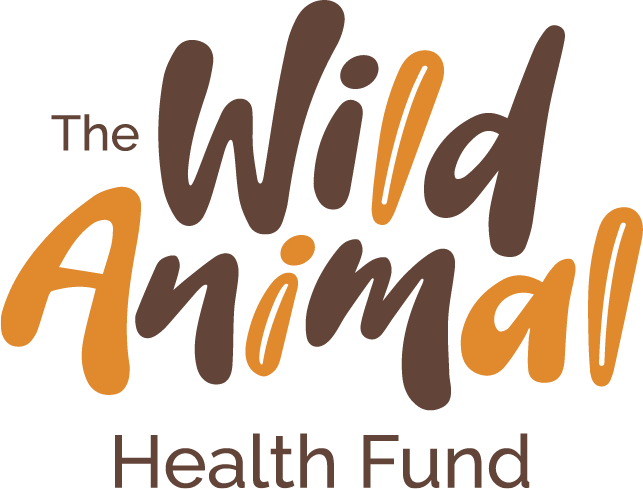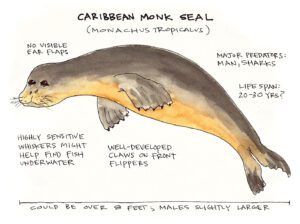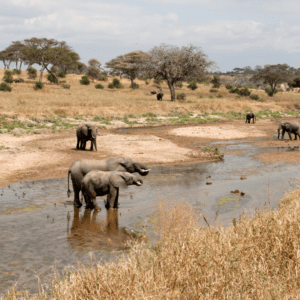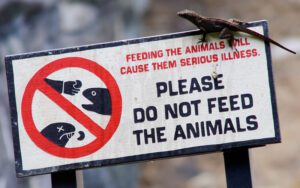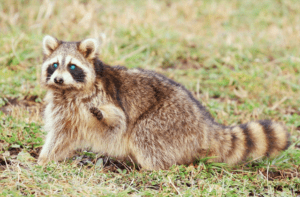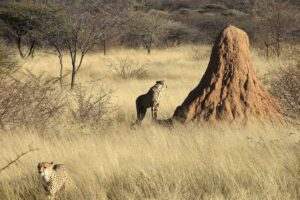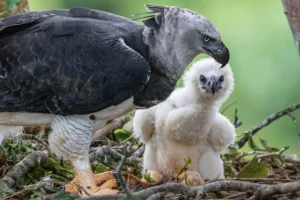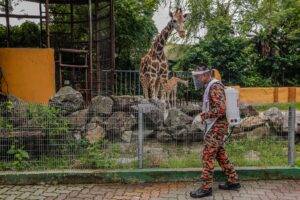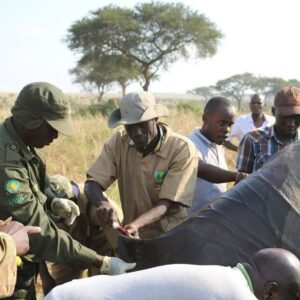Wild Animal Health Fund Blog
If an animal has reached endangered status on the IUCN Red List, that means that their natural populations have dropped so significantly that the species populations may not be able to grow quicker than they decline. Animals in danger of being extinct will affect…
You’ve probably heard of a species going extinct, but what does that mean exactly? The International Union for Conservation of Nature (IUCN) categorizes all species. There are several categories for classifying species: Not Evaluated (NE), Data Deficient (DD), Least Concern (LC), Near Threatened (NT),…
Think of wildlife conservation. Did you picture yourself planting trees, visiting a wildlife refuge, or participating in a beach clean up? Those are a few critical components of land conservation for wildlife. After all, they need safe habitats to thrive in! Imagine wildlife conservation…
It’s tempting to feed wildlife or at some point, and it seems like an innocent action. Whether it’s tossing bread to ducks or giving squirrels your leftovers, feeding or touching wildlife is always harmful and sometimes illegal. So, why should you not feed (or…
What is Canine Distemper? If you have a dog, you’ve probably heard of canine distemper (CDV) and vaccinated your dog for it. It is highly contagious and causes difficulty breathing, coughing, and pneumonia. In addition to those symptoms, it can cause neurological symptoms that…
The world’s ecosystems are incredible to observe. Each species has a role, much like an office! Also like an office or any workplace, there are the big fries and the little fries. Our ecosystems consist of animals, insects, plants, and microorganisms all working together…
Birds of prey or raptors are some of nature’s most incredible species. Sharp eyesight, strong talons, curved beaks, and their prey are some of the reasons humans are so fascinated by them. Examples of raptors include eagles, hawks, ospreys, buzzards, owls, and falcons. In…
Light at the end of the tunnel While it’s true that nonprofits during covid struggled, things are starting to turn around. People are donating generously again, events are returning to face-to-face, and programs are being restored. Zoos have opened their gates once again for…
Among the 14 research projects the Wild Animal Health Fund approved and funded in 2021 is Dr. James Watuwa’s study on stress levels in African Elephants. Dr. Watuwa is a wildlife and zoo veterinarian with Uganda wildlife conservation education center (Entebbe zoo)as well as…
